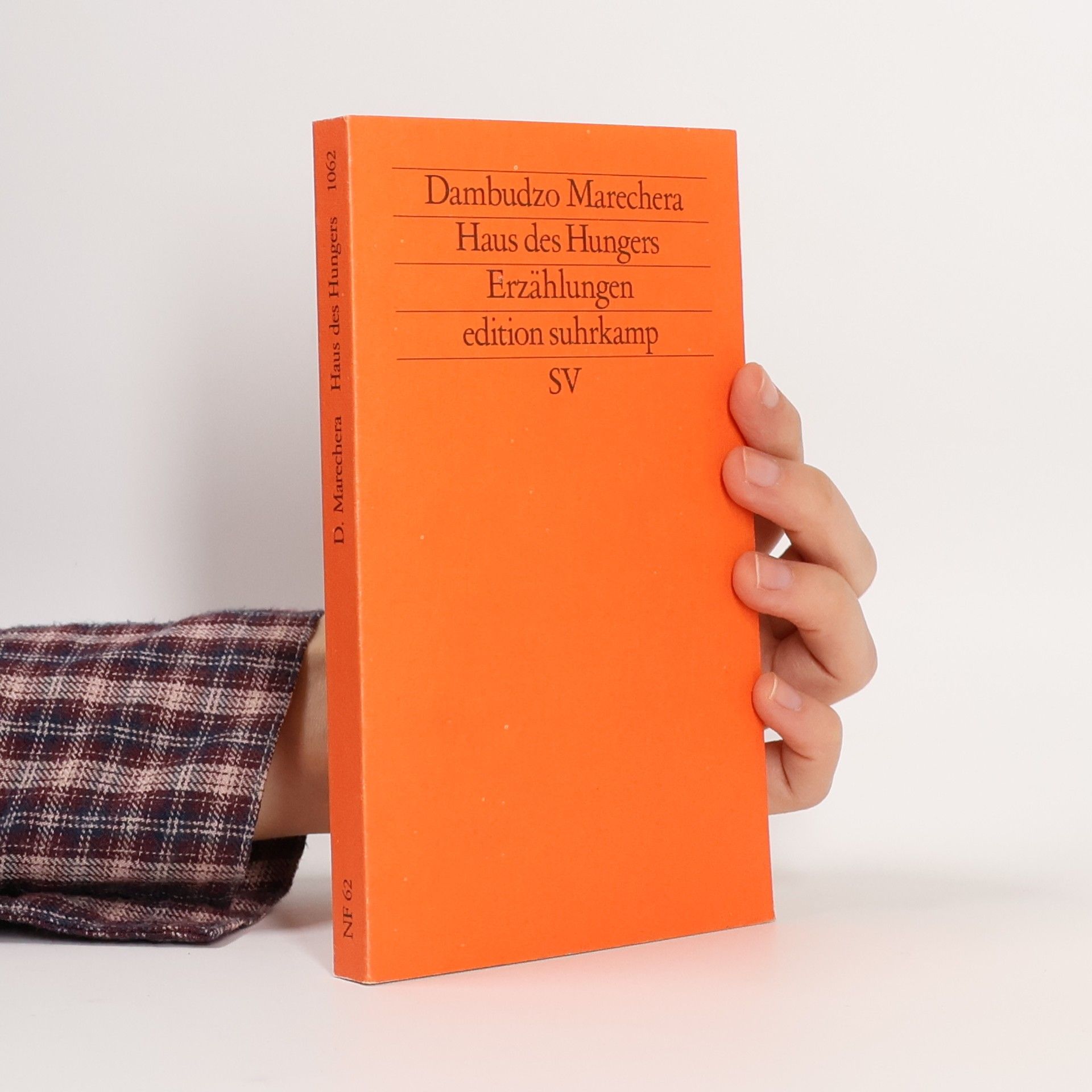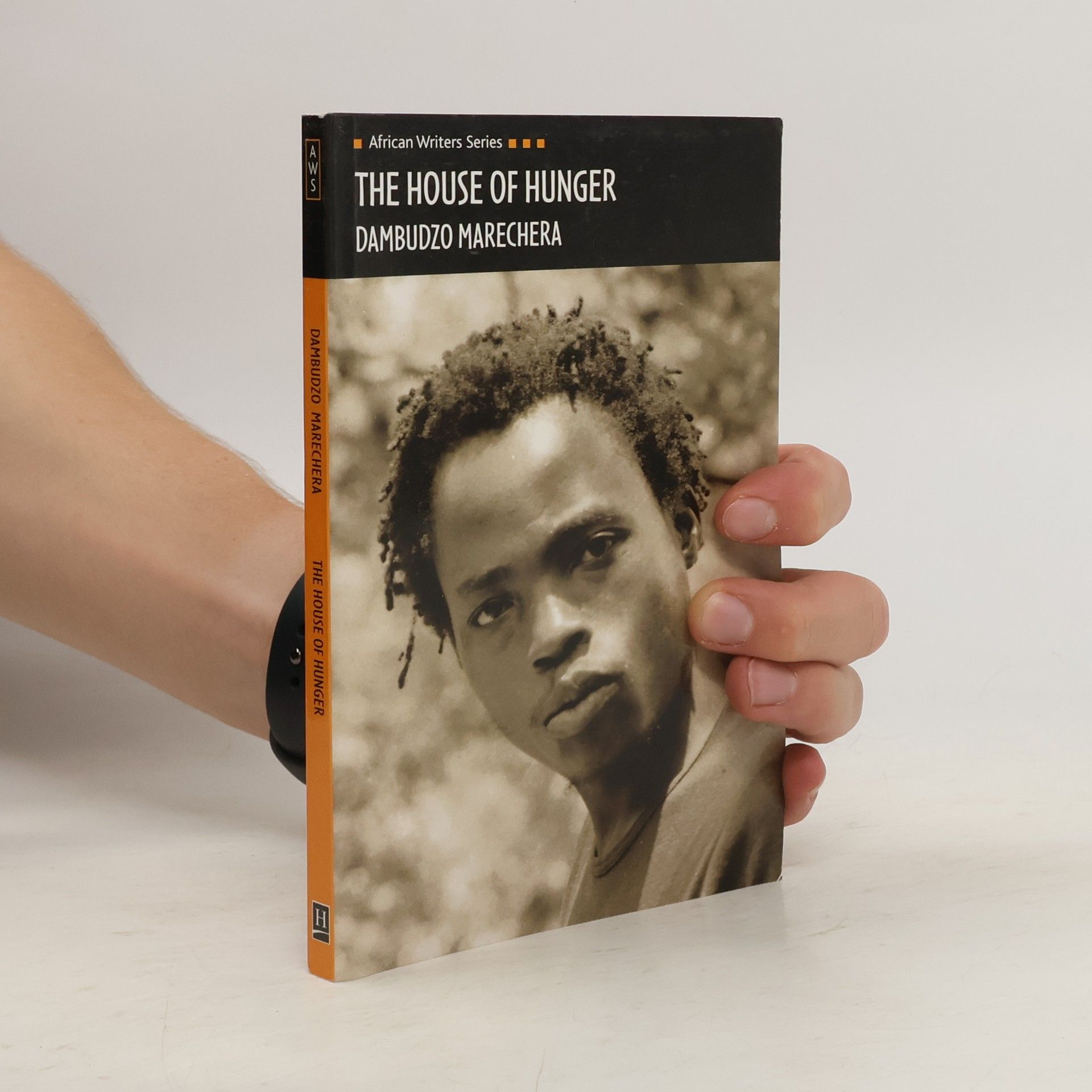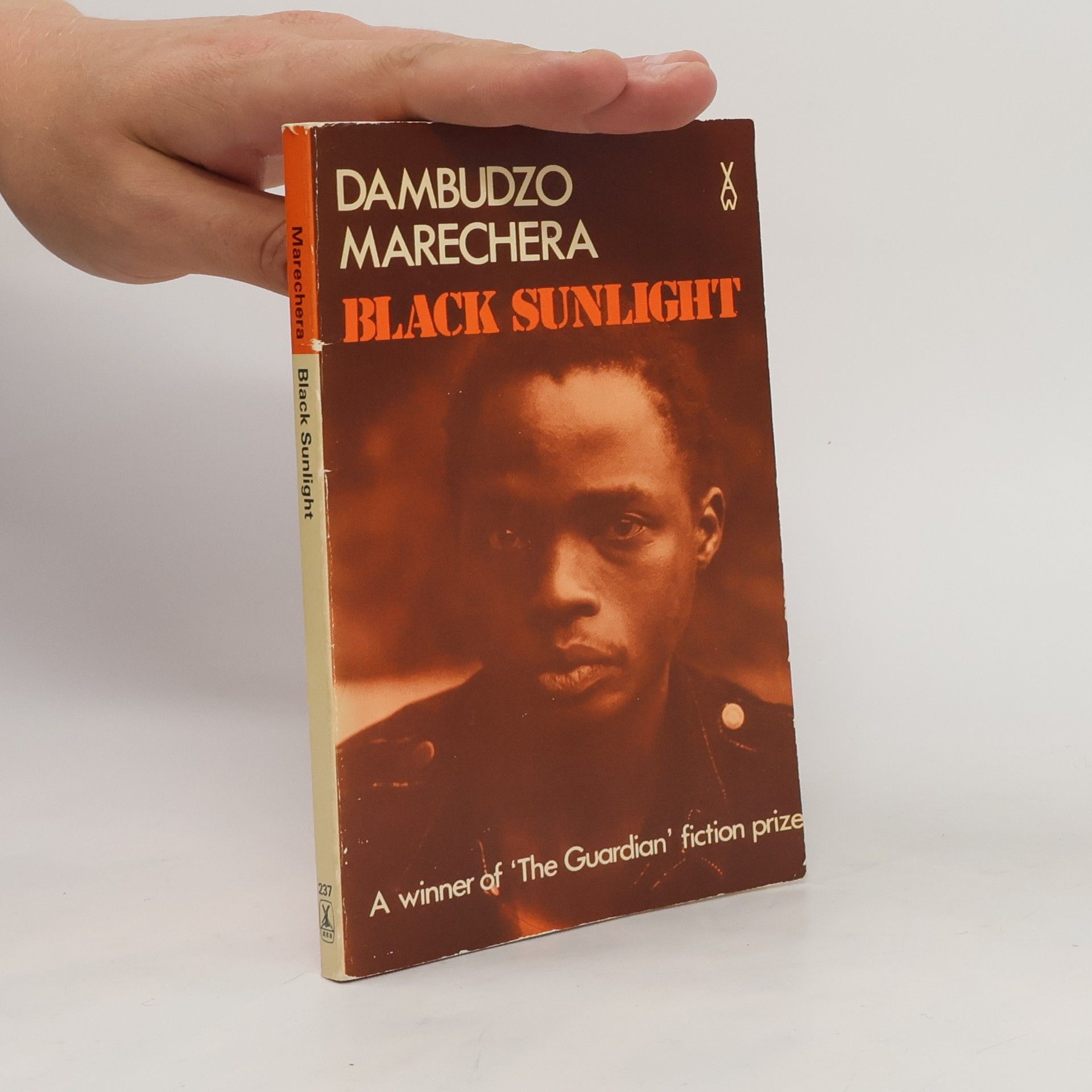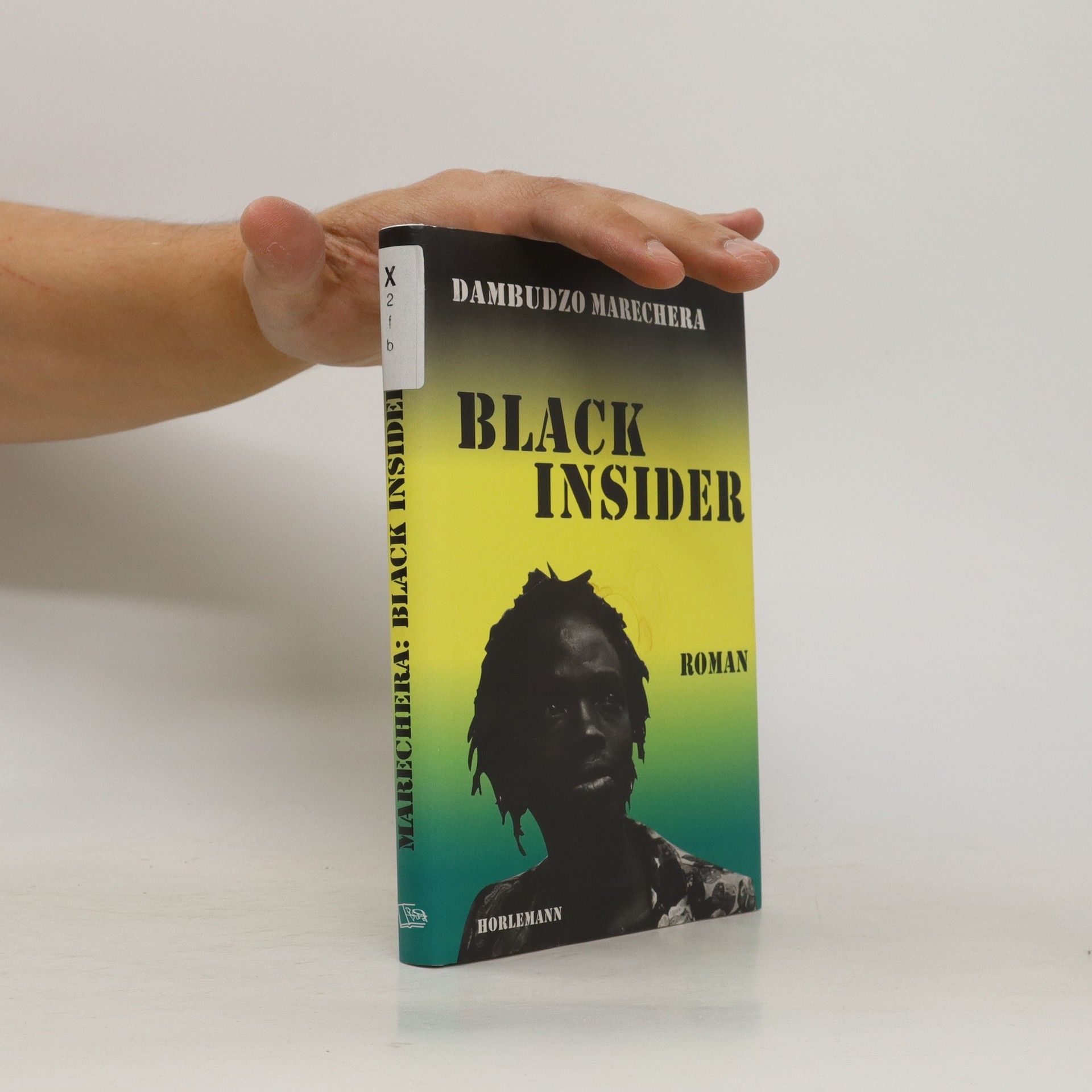This is a book of poems by Dambudzo Marechera, representing the whole spectrum of the young writer's growing literary maturity. The poems sparkle with Marechera's unique wit, always quickened by his uncanny ability to use language to subvert all conventional cultural and political pieties. "Cemetery of Mind" demands serious attention and reveals, through the sharpest of the poet's voice, the real world inside us all.
Dambudzo Marechera Livres
Célébré comme « l'enfant terrible de la littérature africaine », Dambudzo Marechera livre de puissantes dénonciations de l'oppression à travers une fusion unique de lyrisme, d'esprit et d'obscénité. Son œuvre explose de rage contre l'injustice, tout en conservant un humour remarquable, offrant une critique percutante des brutalités de la Rhodésie coloniale. Marechera a déconstruit les systèmes de pouvoir occidentaux et africains, remettant en question les notions d'identité essentielle et s'établissant comme un anarchiste intellectuel. Son style expérimental et sa vision audacieuse continuent d'inspirer une nouvelle génération d'écrivains zimbabwéens.






This is a stunning collection of Marechera's last writings, evoking city life with its many disparate facets - from the glittering fashion shops in First Street Mall to the tramps in the alleys, and in Marechera's only known piece in Shona, "The Servants' Ball." What at first sight seems peaceful and harmless, is suddenly disrupted by flashes of madness for, in Marechera's universe, everyday life is always haunted by the nightmares of Zimbabwe's past. In the "Concentration Camp," Marechera gives a poetic, deeply felt voice to the dread experienced by former inhabitants of the "keeps," the restricted villages of Zimbabwe's War of Liberation. Often he takes a child's view to measure the horrors of adult society. Gentleness paired with sarcasm marks his hardly known children's stories.
AWS: Mindblast
- 200pages
- 7 heures de lecture
Mindblast is a powerful collection of plays, fiction, poetry and autobiography in which Dambudzo Marechera (1952-1987) turned the full force of his formidable powers on Zimbabwe in transition. Brilliant and infuriating, Mindblast showcases his iconoclasm, his wit and his inventive use of language.
Black Sunlight
- 128pages
- 5 heures de lecture
"House of Hunger" not only won The Guardian fiction prize but stunned the imagination of readers with its view of the slums of colonial Salisbury. "Black Sunlight" gives a similar cockroach-eye view of London.“I really tried to put terrorism into a historical perspective, neither applauding their acts nor condemning them. The photographer does not take sides; he just takes the press photographs.” In an unspecified setting the stream-of-consciousness narrative of this cult novel traces the fortunes of a group of anarchists in revolt against a military-fascist-capitalist opposition. The protagonist is photojournalist Chris, whose camera lens becomes the device through which the plot is cleverly unraveled. In Dambudzo Marechera’s second experimental novel, he parodies African nationalist and racial identifications as part of an argument that notions of an ‘essential African identity’ were often invoked to authorize a number of totalitarian regimes across Africa. Such irreverent, avant-garde literature was criticized upon publication in Zimbabwe in 1980, and Black Sunlight was banned on charges of ‘Euromodernism’ and as a challenge to the concept of nation-building in the newly independent country.
Joint Winner of the Guardian Fiction Prize 1979
In Marecheras Zimbabwe, dem Haus des Hungers, werden Schuljungen zu Spitzeln, Schulmädchen zu Prostituierten. Den Ängstlichsten der Klasse sieht man später auf einem Zeitungsfoto als einzigen Gefangenen inmitten toter Guerilla-Kämpfer. Daß der Ich-Erzähler sich - durch einen Nervenzusammenbruch hindurch - Sensibilität und Verletzlichkeit bewahrt, ist triumphierende Botschaft des Buches.
Belletristik : Zimbabwe ; Befreiungskampf - kulturelle Identität.
